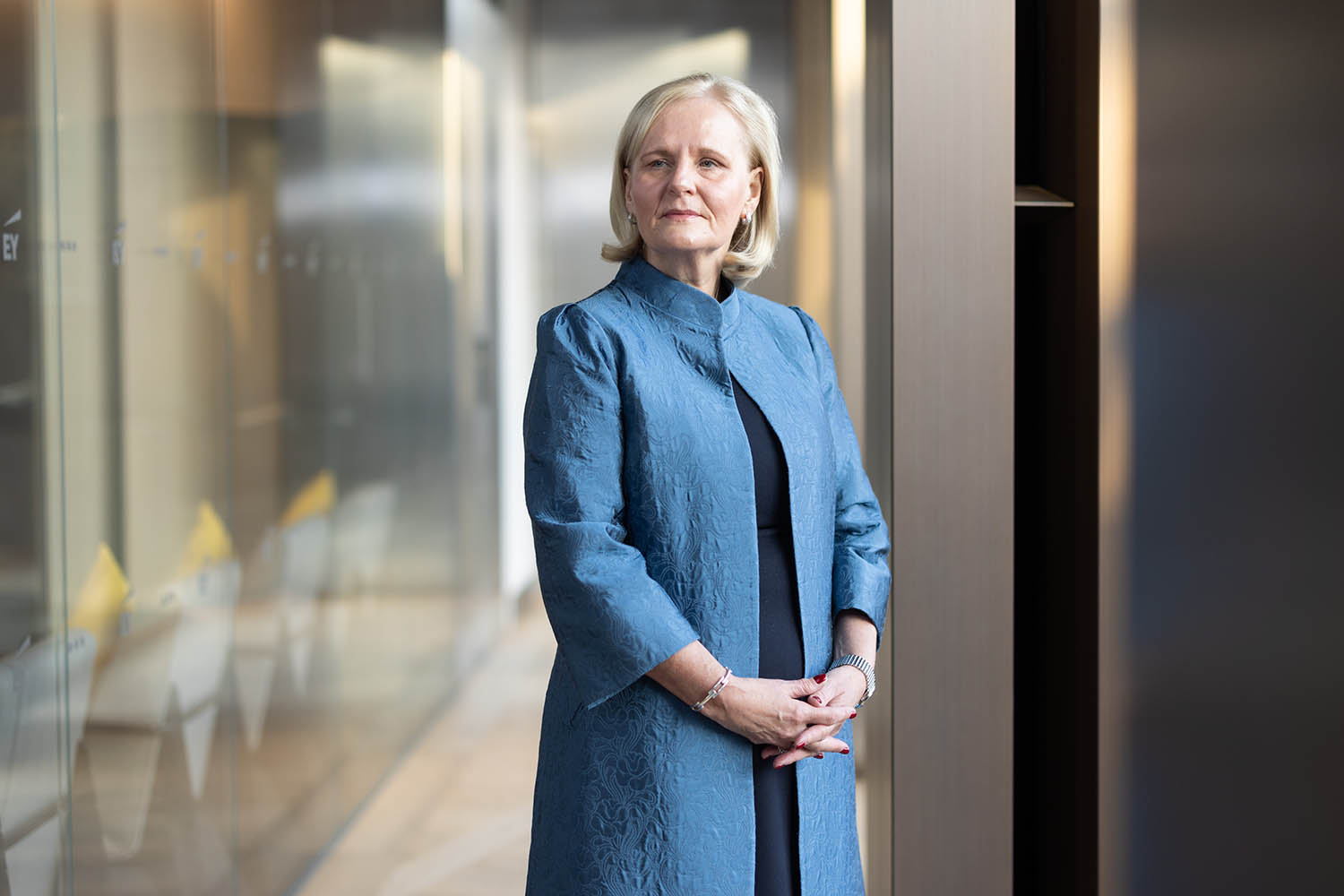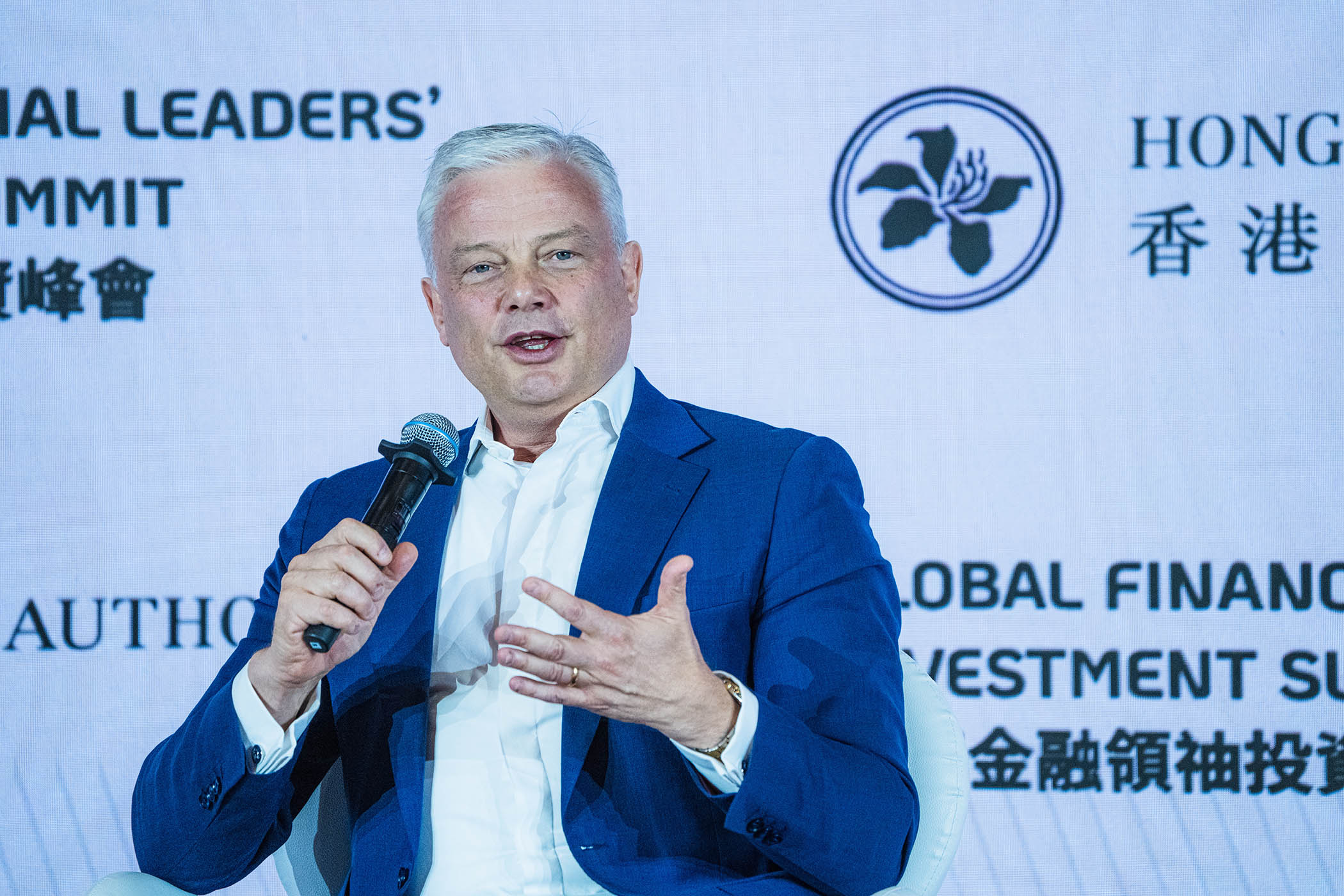Aviva has certainly taken to heart its “Make it click!” slogan. The British insurer’s share price reached a high of 692p, not seen since before the 2008 financial crisis, after it reported a 22% rise in profits to £1.1bn in the first half of this year.
Trading has been “very good right across Aviva”, said chief executive Amanda Blanc. Paid £7.2m last year, Blanc can look forward to being well rewarded again, with no repeat of the “shareholder spring” revolt over pay that cost a predecessor, Andrew Moss, his job in 2012, and another that forced his successor, Mark Wilson, to take a pay cut in 2017.
Aviva has benefited in part from trends that have boosted British insurance as a whole, including higher interest rates, growing pricing power and technology-driven improvements in underwriting and claims processing. Admiral, Legal & General and the Phoenix Group (before a mooted retro rebrand as Standard Life) have seen their results and shares soar. The entire sector was in a sorry state in the years after the financial crisis, but is now an encouraging British economic turnaround story.
One emerging risk is that this success will attract greater regulatory scrutiny. Last month the Financial Conduct Authority said it was looking into controversial methods for vetting customers used by Aviva, Admiral and others.
Another concern is over-confidence. Key to Aviva’s turnaround, for example, has been shedding non-core businesses and focusing on what it does best. The company is now in acquisition mode, having bought rival Direct Line last year, and rumoured to be hunting other deals.
Mergers and acquisitions have undermined many a once-strong company. Insurance is all about managing risk – and Britain’s insurers are currently entering the part of the business cycle when, historically, they have taken too much of it.
Photograph by Chris Ratcliffe/Bloomberg via Getty Images
Newsletters
Choose the newsletters you want to receive
View more
For information about how The Observer protects your data, read our Privacy Policy



